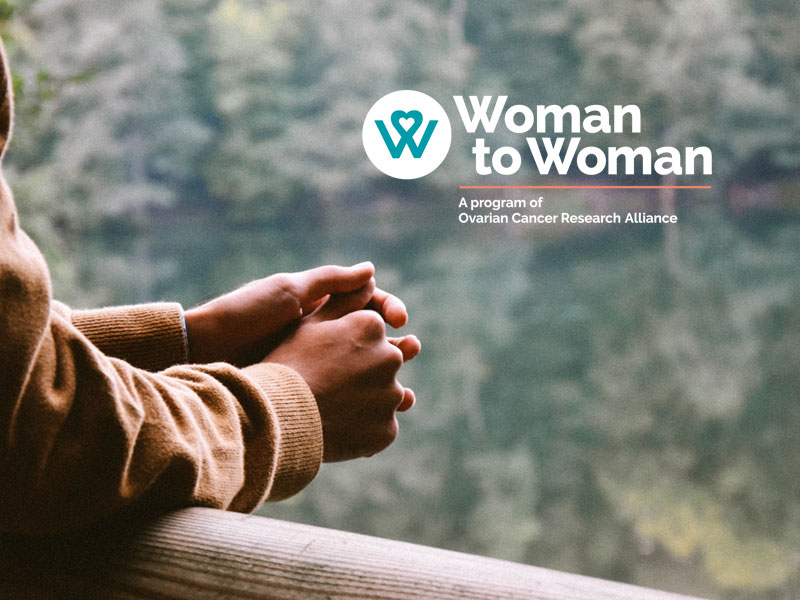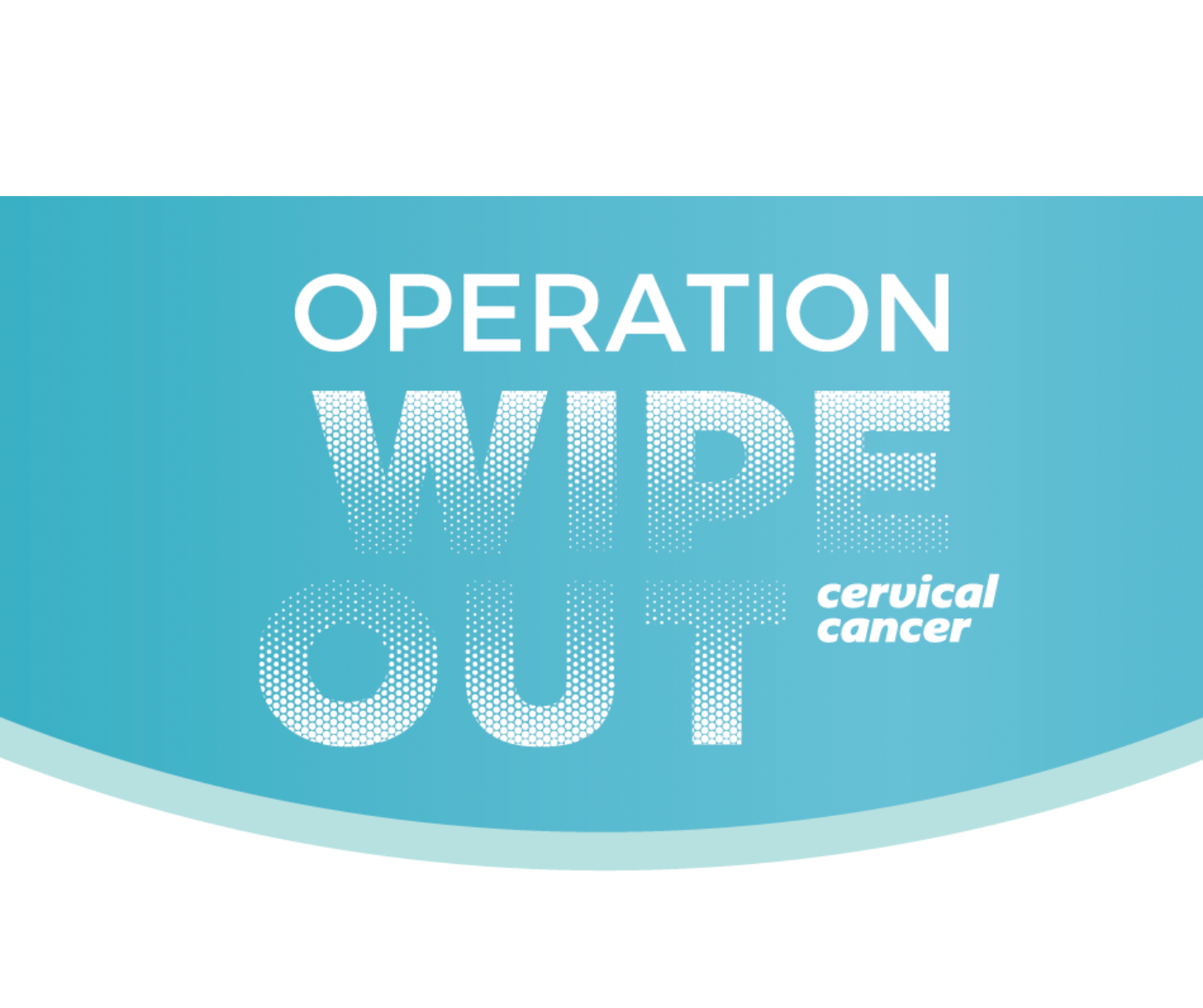
Researchers from the University of Kansas School of Medicine conducted a study to capture the value and experience of giving and receiving peer support in the face of a gynecologic cancer diagnosis by interviewing Woman to Woman Mentors and Mentees from a newly created program at the University of Kansas Medical Center.
As the report states, many gynecologic cancer patients deal with unique psychological stressors, in addition to the physical toll of the disease. These stressors are connected to an awareness of statistically poor outcomes, as well as the strong connection between the parts of the body that are affected and fertility, sexuality and feminine identity. Furthermore, gynecologic cancers are much less talked about in public discourse than other cancers, which can lead to feelings of isolation.
OCRA’s Woman to Woman Peer Mentor Program was founded in 2004 to combat these feelings, and since that time, has expanded to 43 sites around the country. Trained mentors who have dealt with ovarian or another gynecologic cancer are matched with newly diagnosed patients, offering support, understanding and a listening ear.
The authors of the study examined the ways in which mentors and mentees connected, which was impacted by restrictions in place due to the pandemic, as well as frequency of communication and compatibility. Despite not being able to meet in person, mentors and mentees connected via phone, text and social media. Some preferred the convenience of virtual connection, while one mentor expressed a desire to meet her mentee for a cup of coffee, or to attend a treatment with her.
The program allows the matched pairs to determine their own level of frequency in terms of their interactions. While some mentors and mentees expressed concern about ‘bothering’ their matches, and not all mentees desired frequent contact, most mentors were unconditional about their availability. It seemed that the mentors were committed to being there for their mentees at any time but wanted to give the mentees the space that they may have needed.
One mentee said of her mentor, “She offered for me to call her if I needed anything. Just having that possibility was great.”
For many mentees, just knowing they had the potential to contact their mentor, regardless of whether or not they did, or how often, provided a strong sense of security and support.
In terms of compatibility, pairs were often matched based on commonalities, be it life stages or the type of cancer. Some found this helpful, especially when a woman who was dealing with a recurrence was paired with a mentor who had also faced the same.
One mentee noted, “I met people who have had ovarian cancer, but none of them have recurred. For me, it was nice when I found out [mentor] had recurred … it gave me interest to talk to her.”
Yet there were ways in which compatibility could have been improved, by looking at the various ways in which patients and survivors deal with and make sense of their illness.
One mentee suggested that programs should ask mentees whether they want someone to talk science or emotion, or both. Or whether someone relies heavily on faith or is keen on alternative healing treatments. And while recurrence was a bonding element for some, in other instances, when the mentor was dealing with a recurrence while supporting a newly diagnosed mentee, it shifted the dynamics of the relationship. [Editor’s note: Woman to Woman program guidelines direct sites to offer a psychosocial assessment to mentees before making a match as a way to help determine goals, interests, and communication preferences. It is unknown whether the site reviewed in this study used that assessment.]
The authors were aware that this study was just one glimpse into the program, and experiences may vary widely based on geography, demographics and academic v. community hospital setting, not to mention the restrictions that were in place due to Covid-19. They recommend further studies to explore these variables and to expand the knowledge base of peer mentoring for those with gynecologic cancers. Nevertheless, the study confirmed what OCRA knows to be true: the Woman to Woman Peer Mentor Program helps hundreds of patients every year — from the moment of diagnosis to the end of treatment and beyond.
Learn more about seeking support, training to become a mentor, or bringing a Woman to Woman program to your site.


